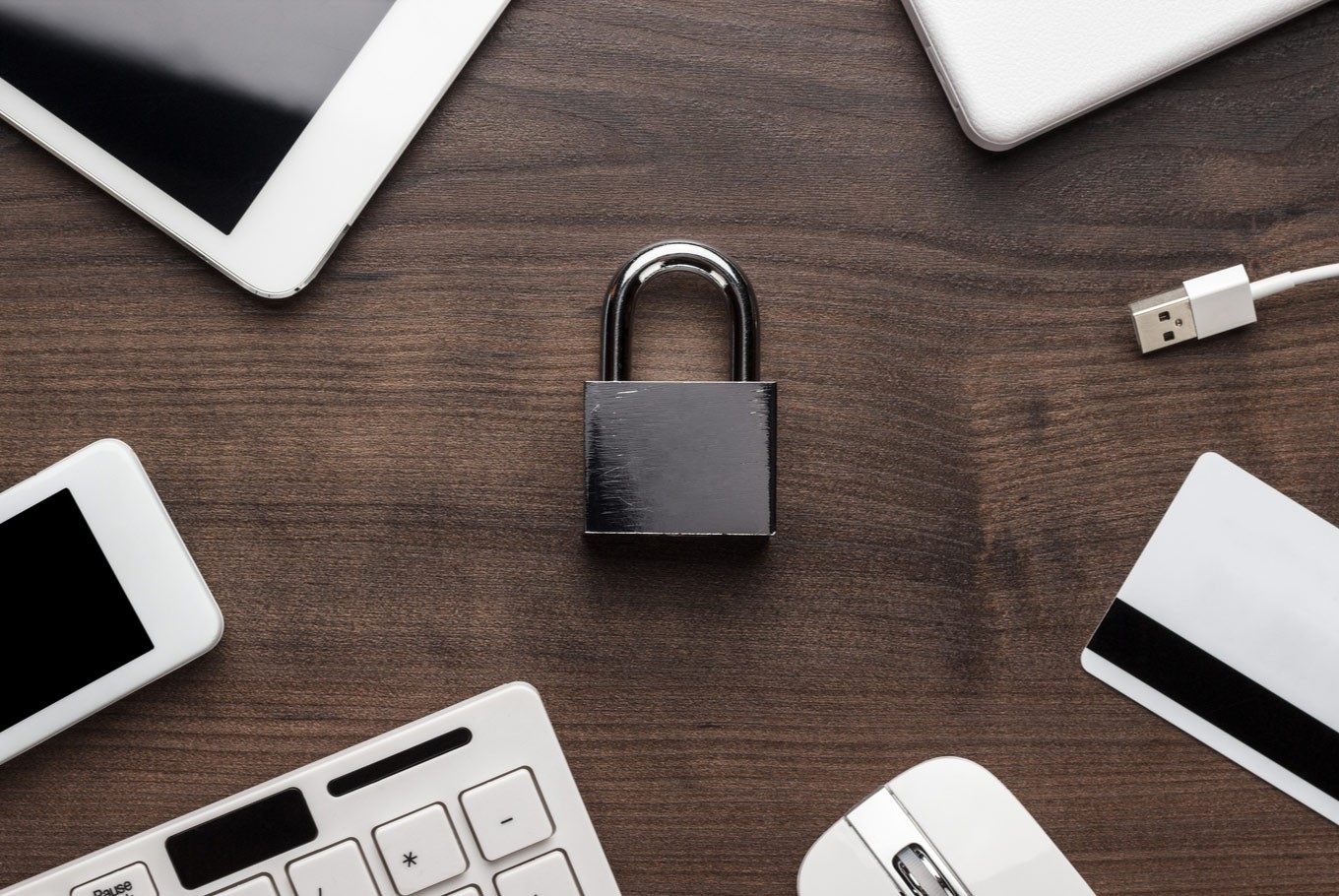
With the increasing amount of personal data shared online, it's more important than ever to protect your privacy. From social media accounts to online shopping, our digital footprint is vast and can easily be exploited if not careful. Here are five essential tips to help safeguard your online privacy and maintain control over your personal information.
1. Use Strong and Unique Passwords
One of the simplest yet most effective ways to protect your online accounts is by using strong, If you are looking to know more about online privacy protection the you may visit this site. Here are some tips to create secure passwords:
- Use a combination of letters, numbers, and special characters.
- Avoid using easily guessable information like your name or birthdate.
- Consider using a password manager to generate and store complex passwords.
2. Enable Two-Factor Authentication
Two-factor authentication adds an extra layer of security to your accounts by requiring a second form of verification, usually a code sent to your phone or email. Here's why you should enable it:
- It makes it harder for hackers to access your accounts even if they have your password.
- It provides an additional level of security in case your password is compromised.
- Many online services offer two-factor authentication as an option, so take advantage of it.
3. Review and Adjust Privacy Settings
Many apps and websites collect and share your personal information by default. It's essential to review and adjust your privacy settings to control what data is being shared and with whom. Here are some steps to take:
- Regularly review the privacy settings of your social media accounts and adjust them to limit who can see your posts and personal information.
- Check the privacy settings of your browser to prevent websites from tracking your online activities.
- Review the permissions granted to apps on your devices and revoke access to any unnecessary data.
4. Be Cautious with Public Wi-Fi
Using public Wi-Fi networks can expose your data to potential security risks as they are often unsecured and easily accessible to hackers. Here are some precautions to take when using public Wi-Fi:
- Avoid accessing sensitive information such as online banking or shopping while connected to public Wi-Fi.
- Use a virtual private network (VPN) to encrypt your internet connection and protect your data from prying eyes.
- Turn off the automatic Wi-Fi connectivity feature on your device to prevent connecting to unknown networks automatically.
5. Keep Your Devices Secure
Securing your devices is crucial in protecting your online privacy as they store a wealth of personal information. Follow these tips to keep your devices secure:
- Regularly update your operating system and apps to patch any known vulnerabilities that could be exploited by cybercriminals.
- Install reputable antivirus software to protect your devices from malware and other online threats.
- Avoid downloading apps or software from untrusted sources and be cautious of phishing attempts through email or text messages.
By following these essential tips, you can take control of your online privacy and reduce the risk of falling victim to cyber threats. Remember that protecting your privacy is an ongoing process, so stay vigilant and informed about the latest security practices to stay safe online.